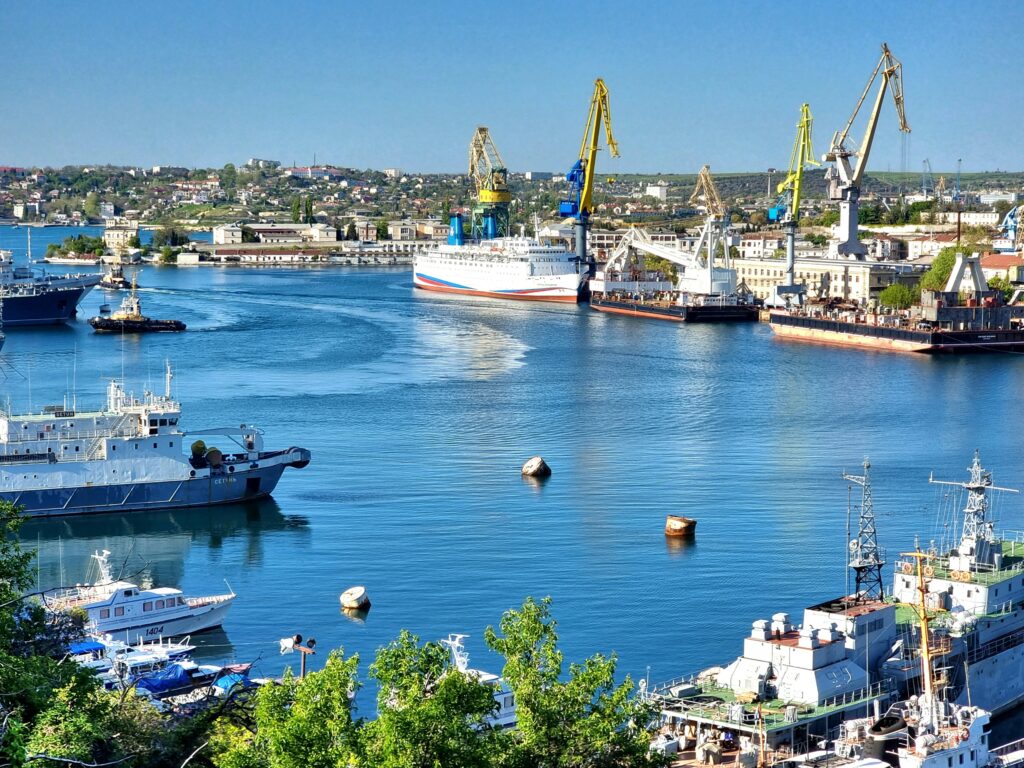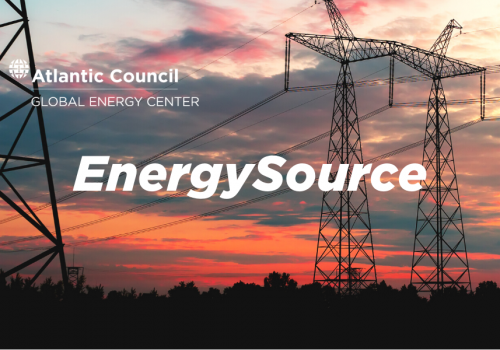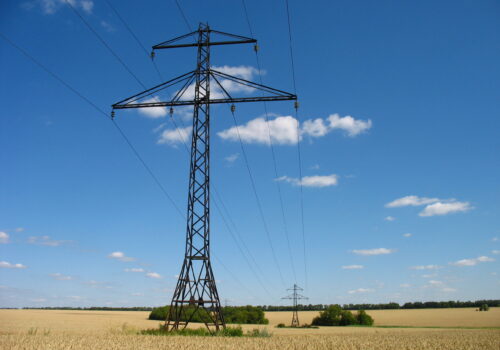The Black Sea region serves as a geostrategic crossroads for great power competition, acting as an intersection for Europe, the Caucasus, Central Asia, and the Middle East. In response to Russia’s 2022 full-scale invasion of Ukraine and its subsequent ramifications, the European Union has reaffirmed the region’s significance and recently issued a joint communication outlining its strategic approach for the Black Sea basin.
The document, though not exhaustive, establishes a strategic framework for the region, characterizing it as a “hub of security, stability, and prosperity.” Central to this dynamic is the region’s role in broader European energy security, which Russian aggression has demonstrated is essential to national security. What the plan fails to recognize, however, is the significance of the transatlantic partnership in empowering Black Sea nations—home to major energy infrastructure and untapped gas and renewables resources—to maximize their capacity in this role.
Despite the current challenges in EU–US relations, the number of strategic partnerships and international alliances in the Black Sea region demands a thorough evaluation of how transatlantic cooperation could enhance regional and broader European energy security.
STAY CONNECTED
Sign up for PowerPlay, the Atlantic Council’s bimonthly newsletter keeping you up to date on all facets of the energy transition.
Bridge over troubled water – Why the transatlantic partnership matters more than ever
The Black Sea region stands at the convergence of multiple geopolitical and economic blocs, including NATO, the European Union, and the Energy Community (for prospective EU member states). The region also serves as a battleground for great power competition, characterized by Russia’s persistent use of hybrid tactics, China’s growing interest as an entry point to the EU markets, the EU’s ambitions for an expanding and unified single market, and the US’s emphasis on strategic partnerships.
Figure 1. Three geopolitical and economic blocs converge in an extended region around the Black Sea
The collaboration between the European Union and its transatlantic partners is essential for improving energy security preparedness and the resilience of critical infrastructure. Although Brussels and Washington may currently have differing perspectives on various matters, the strategic energy significance of the Black Sea region, particularly in light of current security and geopolitical challenges, cannot be overlooked.
Similarly, the region’s resources present a significant opportunity for Black Sea nations (specifically EU member states) to leverage energy diplomacy. The win-set between the EU’s energy targets and the United States’ energy policy goals, though arguably limited, achieves an optimal equilibrium in the region, with objectives serving as either joint EU-US priorities (e.g., infrastructure and connectivity, geothermal, clean manufacturing technologies) or being tacitly endorsed by them (e.g., nuclear development, gas explorations in the Black Sea).
The successful implementation of the EU’s new Black Sea strategy, which leverages a diverse range of internal mechanisms, will significantly hinge on proficient transatlantic coordination. The United States and NATO provide essential resources, strategic weight, and credibility to a region where robust energy infrastructure resilience is critical for national security.
Collaboration with transatlantic allies is essential for reinforcing the EU’s initiatives in energy infrastructure protection, which includes maritime safety, cybersecurity, and hybrid threats preparedness. NATO members in the region already play frontline roles, and the recent NATO summit’s increased attention on dual-use civilian and military applications corresponds with the EU’s initiative for improved mobility, energy connectivity, and infrastructure resilience in the area. Furthermore, evaluating (and later auditing) dual-use investments and their expected contribution to the 5 percent defense spending goal relies on recognizing synergies between the European Union and the North Atlantic alliance. Strategically aligned investments in rail, ports, and energy infrastructures that facilitate logistics and defense goals will be essential. In this context, collaboration between the EU’s mechanism and other US-supported platforms, such as the Three Seas Initiative, would bolster the region’s strategic priorities, rather than increasing the risk of redundant investments.
Transatlantic alignment would also enable the EU’s other energy security objectives. It would facilitate the bloc’s development of energy transmission lines, including a green energy corridor through the Black Sea. Leveraging US expertise in critical infrastructure would expedite the deployment of cross-border capacities. Collaborative strategic planning—particularly in Moldova, Georgia, and even more so in Ukraine—would enhance supply diversification and strengthen regional resilience against energy weaponization. Furthermore, the United States’ leading expertise in nuclear energy and its regional partnerships would substantially enhance the European Union’s energy security while complying with the EU’s 2050 climate neutrality objectives. Similarly, offshore gas explorations in the Black Sea would guarantee the stability of supply security in the short to medium term, facilitating the transition to cleaner energy by 2050.
Ultimately, Turkey’s intricate status as a NATO ally and EU partner (and long-term candidate) highlights the necessity of transatlantic unity. Turkey’s roles in Black Sea security, its significant position as an EU partner for energy security, and its regional diplomatic capabilities render it an essential ally; thus, alignment between Brussels and Washington is crucial to foster constructive engagement while addressing geopolitical sensitivities.
Uncharted territories
The EU’s enlargement, including Ukraine’s reconstruction, is another essential factor in its energy landscape and demands substantial collaboration between the EU and its member states on the one hand and the US on the other. The process is evolving into a strategic tool for enhancing energy security and regional resilience in the Black Sea, transcending mere political alignment—it facilitates the integration of vital partners into the EU’s energy market structure, climate efforts, and energy security frameworks. Prospective members’ energy systems face considerable technical and environmental obstacles; thus, transatlantic support is crucial to expedite energy investments in alignment with the EU’s 2040 and 2050 energy and climate goals.
The reconstruction of Ukraine will serve as a pivotal case study: revitalizing its energy infrastructure with an emphasis on cross-border connectivity and clean energy technologies, while harnessing the nation’s vast onshore and offshore resources, will not only facilitate its integration into the EU but also enhance regional energy stability and promote decarbonization.
In this context, the transatlantic partnership is indispensable. Financial and technical support from the United States—through public and private collaborations—would help mitigate risks tied to investments in grid modernization, resource exploration, and cross-border infrastructure in Ukraine, as well as in neighboring countries contributing to the reconstruction process. Furthermore, collaborative EU-US support can guarantee that reconstruction adheres to European regulatory standards and overarching strategic interests, establishing a foundation for a more robust and integrated Black Sea energy sector.
Andrei Covatariu is a nonresident senior fellow with the Atlantic Council Global Energy Center.
MEET THE AUTHOR
RELATED CONTENT
OUR WORK

The Global Energy Center develops and promotes pragmatic and nonpartisan policy solutions designed to advance global energy security, enhance economic opportunity, and accelerate pathways to net-zero emissions.
Image: Boats in a harbor. (Konstantin Dyadyun, Unsplash) https://unsplash.com/photos/a-group-of-boats-in-a-harbor-RH760wgrHRc






